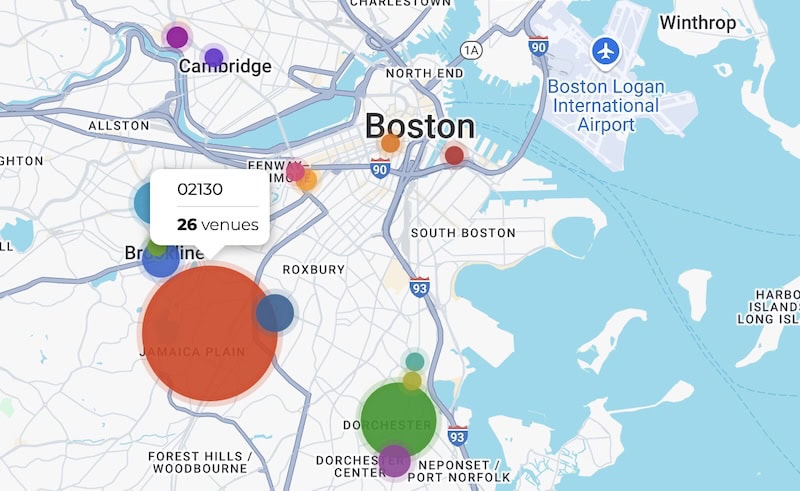
Interesting article from the folks at Search Engine Land comparing Microsoft tags and QR codes. Despite the explosion of mobile tagging technology and its adoption by the advertising industry, there is still not a standard 2D barcode platform. Here is a snippet from the article with direct comparisons of Microsoft tags and QR codes. The points that resonant the most here at PMD is that Microsoft tags are less prone to decoding errors, they have a smaller footprint, and (unlike QR codes) they can be custom tailored to be visually stunning. The last two are very important in order to maintain the visual chemistry of your Windowposter™ Display.
“The decision is still out—there is not yet a 2D barcode platform that dominates the consumer marketplace. There are many platforms that produce 2D Code solutions including Aztec Code, Data Matrix, PDF417, ShotCode, Trillcode, Quickmark, Beetagg and SPARQCode. To get a sense for how Microsoft tags measures up, here is a contrast between Microsoft Tags with one of the existing major platforms—QR Codes.
* Microsoft Tags can produce a much smaller footprint than QR Codes for printed materials. QR Codes grow proportionally to the amount of information that is encoded.
* Microsoft Tags can be edited; QR Codes can not—they have to be recreated from scratch.
* Microsoft Tags can be visually stunning—QR Codes are border-line ugly.
* QR Codes have error detection technology that can recover data from physically damaged codes. It’s unclear if Microsoft Tags use Reed-Solomon error correction or not. I’ve seen others say Microsoft does, but I can’t find any supporting evidence at the Microsoft Tag web site.
* QR Codes have technology to accurately detect codes on curved surfaces and decode them. Microsoft Tags do not—curved surface are problematic, though slight curves do not appear to be a problem.
* Microsoft Tags can encode up to 1,000 alphanumeric characters, while QR Codes can encode up to 4,296 characters.
* Microsoft tags are less prone to decoding errors since very little information is actually encoded in the tag. QR Codes will experience more decoding errors when larger amounts of information is encoded.
* QR Codes do not require an internet connect (access to Microsoft), just a cell WiFi connection.
* Microsoft Tags can prohibit you from encoding URLs on their blacklist. QR Codes do not care what you encode.
* QR Codes are an open ISO standard; Microsoft Tags is a closed proprietary standard.
* Microsoft Tags has a large well funded company promoting its own standard. No large company has stepped forward to champion QR Codes. QR Codes are championed by thousands of small companies—though Google is dabbling with this technology, they are not much of a champion yet.”
The full article can be found on Search Engine Land



